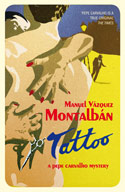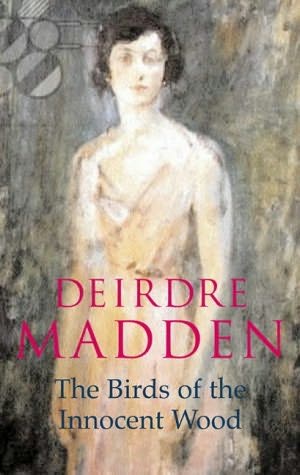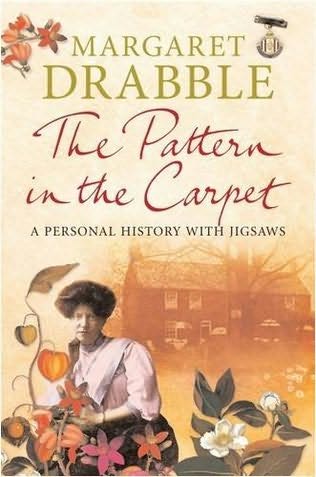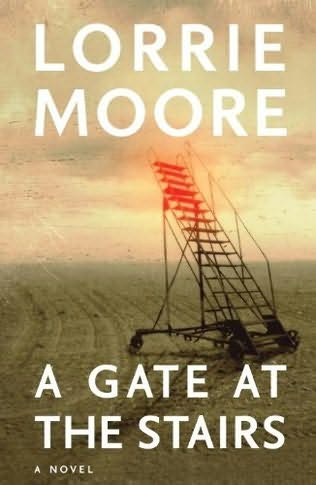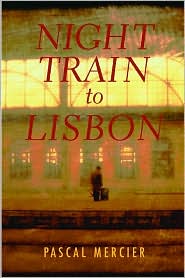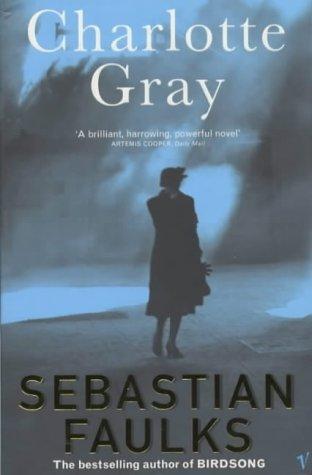 I had yet to read a book by Ward Just before picking up his latest, Exiles in the Garden. It is set in Washington D. C. and concerns Alec Malone, a senator's son who rejects a life in politics in favor of one as a photographer. It also concerns the women in his life, particularly Lucia, a Swiss emigre searching for a sense of belonging. Actually, that is what everyone in this book is doing, looking to belong somewhere or to something or someone. All the characters we meet from the 1960s to the 2000s are in various stages of aloneness or togetherness. We watch Alec's father's protracted final illness in which he searches his memory for clues of what connected him to life - politics - and his incomprehension at his son's disinterest in pursuing that calling. For a while, Alec and Lucia live in a house with a garden in Georgetown next to one inhabited by Central European immigrants, ambassadors and attaches, who hold frequent parties that are typical of the life Lucia misses in Switzerland. She hungrily attends them to bathe in that sense of familiarity, while Alec is more of a loner, a voyeur (not inappropriate for a photographer). Alec begins his professional life as a photojournalist but later becomes an independent artist.
I had yet to read a book by Ward Just before picking up his latest, Exiles in the Garden. It is set in Washington D. C. and concerns Alec Malone, a senator's son who rejects a life in politics in favor of one as a photographer. It also concerns the women in his life, particularly Lucia, a Swiss emigre searching for a sense of belonging. Actually, that is what everyone in this book is doing, looking to belong somewhere or to something or someone. All the characters we meet from the 1960s to the 2000s are in various stages of aloneness or togetherness. We watch Alec's father's protracted final illness in which he searches his memory for clues of what connected him to life - politics - and his incomprehension at his son's disinterest in pursuing that calling. For a while, Alec and Lucia live in a house with a garden in Georgetown next to one inhabited by Central European immigrants, ambassadors and attaches, who hold frequent parties that are typical of the life Lucia misses in Switzerland. She hungrily attends them to bathe in that sense of familiarity, while Alec is more of a loner, a voyeur (not inappropriate for a photographer). Alec begins his professional life as a photojournalist but later becomes an independent artist.The key event of the book is Alec's refusal of a job shooting the Vietnam War, ostensibly because Lucia doesn't want him to go, but mainly because he is troubled by the fact that most photography is useless and the pictures would not contribute anything of value. They were not service to country at all - they would have just a sham sort of meaning.
Alec wondered if he had made a mistake refusing the managing editor's offer. And did doubt lead him to his father's office seeking - what? Absolution? An argument? In the newspaper business war was the jewel in the crown. And his father was correct, he did have the eye for it and the agility. At the age of ten, Alec was taking photographs for the old man's campaign, learning to blend into the scenery, though the trick was to make not yourself but your camera disappear. Your eyes did the work but in the excitement of the moment your eyes were filled with emotion. Probably the same was true for a war, perhaps more emotion than your eyes could accept, not that it mattered now. Whether his father was correct about fear was another question, one that could be answered only in the event. The truth was, Alec had no desire for the war, and desire always came first. Without desire you were not a craftsman but a careerist doing what they told you to do in hopes that something wonderful would happen, a prize or a shot such as Capa's of the falling militiaman.This choice of Alec's is the crux of the novel, and an interesting one too given that Just himself was a war correspondent turned novelist. Are you in or are you out - this book asks. It is hardly an accident that Lucia is Swiss - the supposedly neutral nation (although inaction is action too, of a sort, it has consequences at any rate). Both Alec and Lucia's relationships to their fathers are central to this story. Alec has a troubled relationship to his, as his choices in life are driven by very different engines. Lucia romanticizes hers, who she never met as he disappeared during the war and supposedly died there, but there are rumors that he was a resistance fighter and ultimately survived.
This book is about exile versus belonging - does one live in the fray or outside it? It doesn't pass judgment on the choice but rather examines the kind of people who make each - what motivates them, their satisfaction or dissatisfaction. Actually, that's not completely true, I felt the narrator ultimately did judge Lucia - despised her even - but that is because the story is ultimately Alec's. While Lucia is an exile in the sense that she lives away from her country of origin, Alec is an outsider wherever he goes. He lives on the fringe, observing and capturing bits of time. Focusing on Alec, it is not inappropriate that the book's voice is a detached one, gliding across 50 years time, landing just on the key episodes that end up joining together as a tale of key episodes rather than as a conventionally detailed plot. For a while I was dissatisfied by the sense that I was never really getting to know the characters, the narrative was composed of great swathes of generalities. But I found that the details accumulated and by the book's end I knew these people, could anticipate their behavior, and cared about their choices.
Having read this latest book of Just's, I am now interested to read an earlier one. Any recommendations?

